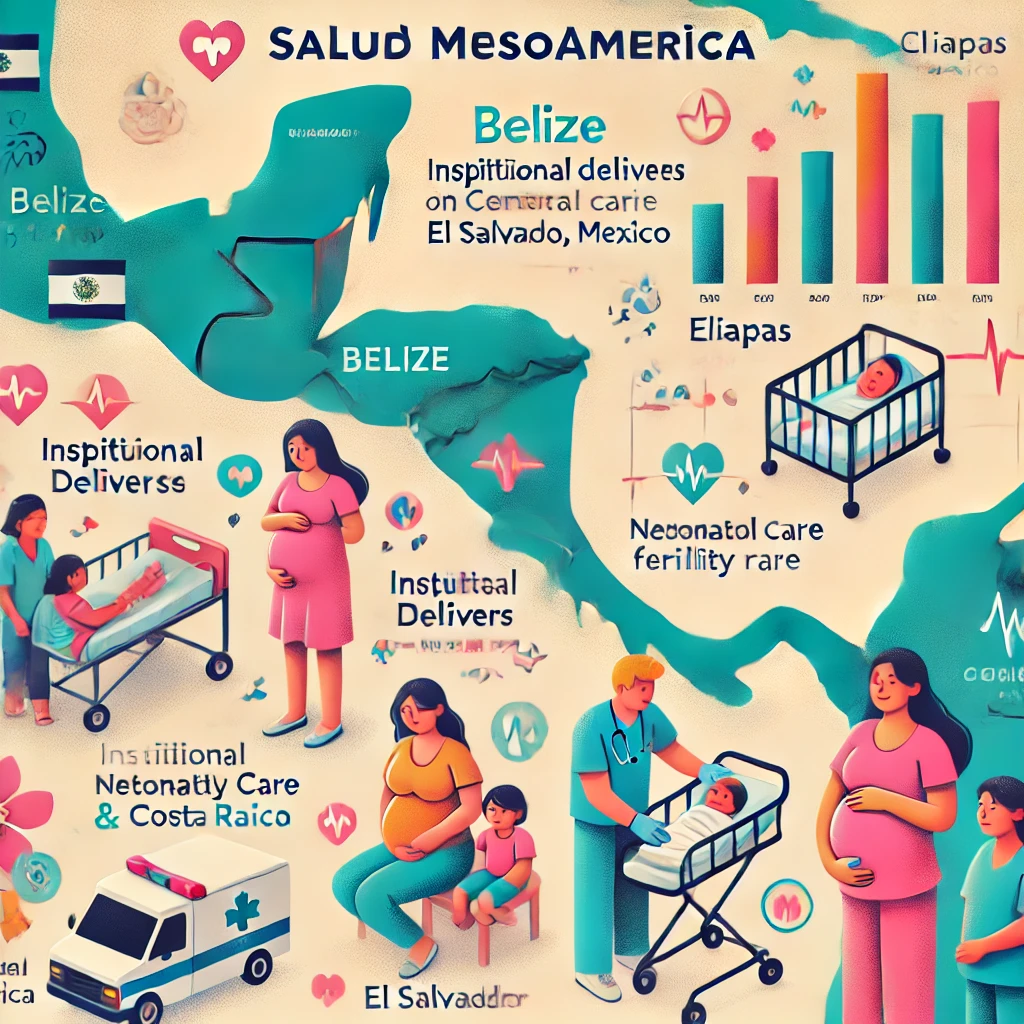Salud Mesoamerica Initiative Drives Major Gains in Maternal, Neonatal, and Childcare Outcomes
Salud Mesoamerica Initiative Achieves Landmark Improvements in Maternal and Child Healthcare Across Central America and Mexico.

A regional health initiative administered by the Inter-American Development Bank (IDB) has significantly advanced maternal, neonatal, and childcare services for underserved women, children, and adolescents across seven Central American countries and the Mexican state of Chiapas, according to a newly released independent impact evaluation.
The Salud Mesoamerica Initiative (SMI), launched in 2011, is a public-private alliance between the IDB, national governments, and donors including the Carlos Slim Foundation, the Gates Foundation, and the Spanish and Canadian governments. The program focuses on improving maternal and child healthcare outcomes through results-based financing and comprehensive data-driven healthcare strategies.
Significant Health Outcomes Achieved:
- Belize: Quality care for obstetric and neonatal complications more than doubled among mothers and newborns.
- Chiapas, Mexico: Institutional deliveries increased from 37% to 48%, accompanied by notable advances in antenatal and postpartum care.
- El Salvador: Deliveries by qualified healthcare personnel rose to 98%, and quality care for newborn complications surged from 6% to 40%.
- Costa Rica: Adolescent fertility rates declined by 11.3% in the poorest regions, outperforming wealthier areas.
The initiative also increased the share of newborns receiving high-quality care nearly fivefold and boosted comprehensive emergency neonatal services—such as vital sign monitoring, oxygen administration, and antibiotic treatment—by 14 percentage points. Additionally, SMI fostered improvements in prenatal care and childbirth services, driving progress toward lower maternal and infant mortality rates.
A Results-Based Model for Lasting Impact:
The success of SMI was underpinned by its results-based financing model, which rewarded Ministries of Health with performance awards upon meeting pre-established targets. Systematic healthcare data collection provided countries with their first comprehensive health indicators in underserved regions. This evidence-driven approach accelerated healthcare improvements and enhanced accountability within national healthcare networks.
Global Recognition and Broader Impact: According to IDB President Ilan Goldfajn, the program has achieved improvements in maternal and neonatal care at twice the typical pace for low- and middle-income countries. The initiative has also inspired other impactful health programs, such as the Malaria Elimination Initiative, by demonstrating that positive incentives and rigorous measurement can drive sustainable outcomes.
Marco Antonio Slim Domit from the Carlos Slim Foundation highlighted the initiative's replicable model, emphasizing that success stemmed from intentional, equity-focused strategies. Christopher J. Elias from the Gates Foundation added that SMI exemplifies how equity-centered development efforts can deliver resilient and sustainable health gains.
The Salud Mesoamerica Initiative stands as a global blueprint for impactful, scalable healthcare programs. By tackling multiple barriers simultaneously, it has not only transformed maternal and child healthcare in Mesoamerica but also set a new standard for international health initiatives aimed at protecting the most vulnerable populations.
- READ MORE ON:
- Inter-American Development Bank
- Salud Mesoamerica Initiative










